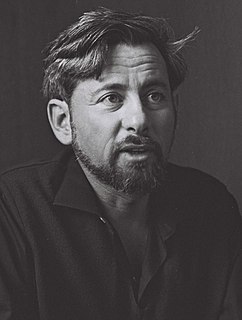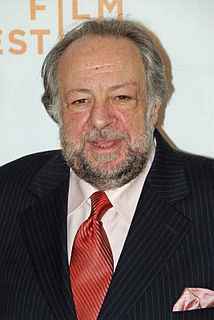A Quote by Jeanette Winterson
Book collecting is an obsession, an occupation, a disease, an addiction, a fascination, an absurdity, a fate. It is not a hobby. Those who do it must do it.
Quote Topics
Related Quotes
Once and for all, people must understand that addiction is a disease. It’s critical if we’re going to effectively prevent and treat addiction. Accepting that addiction is an illness will transform our approach to public policy, research, insurance, and criminality; it will change how we feel about addicts, and how they feel about themselves. There’s another essential reason why we must understand that addiction is an illness and not just bad behavior: We punish bad behavior. We treat illness.
There's traditionally been two different ways of seeing addiction. Either it's a sin and you're a horrible bad person and you are just choosing to be hedonist or it's a chronic progressive disease. And while I certainly believe addiction is a medical problem that should be dealt with by the health system, the way we've conceptualized addiction as a disease is not actually accurate, and it has unfortunately become stigmatizing and it's also created a lot of hopelessness in a lot of people.
Sitting with a deck of cards in your hand all day is an obsession. Visiting print shops and bookstores and libraries is an obsession. And writing about this is an obsession. I think, in general, most collectors are obsessed. I think the only form of a rationalized greed is when you're collecting something you are supposedly serious about.
I am not sure one is capable of reflecting absurdity without having a strong sense of meaning. Absurdity makes sense only against a meaningful background. It is the deeper meaning that is shedding light on the absurdity. There must be a vanish point, a metaphysical horizon if you will where absurdity and meaning merge.




































